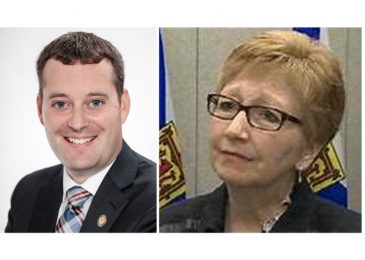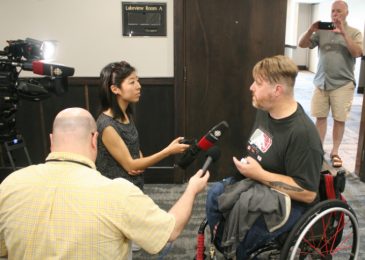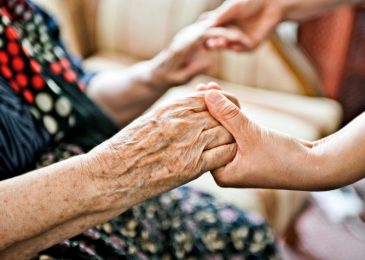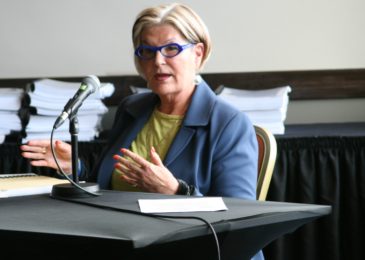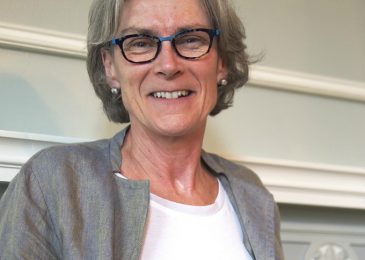Op-ed: Nova Scotia needs to fund more dementia training in long term care facilities
Karis Mitchell: Nova Scotia needs a provincial long term care strategy that revisits training and staffing hours so that the care facilities can provide the optimal care that is required by its residents. To be placed in a care facility at such a vulnerable stage in our lives can be traumatizing, so it is our responsibility to ensure that we speak openly about these concerns. We must speak up for those that do not have a voice, and those that voices that may not be perceived as valuable in our society.


